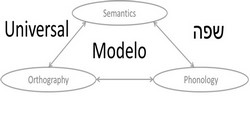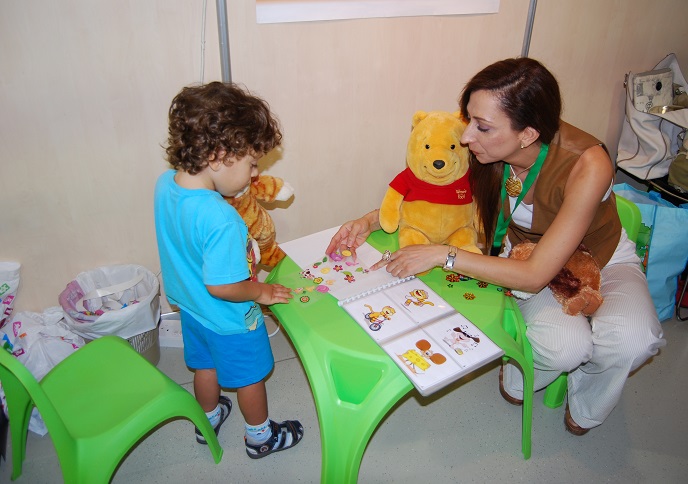A new model to account for differences in word comprehension across languages
Researchers on the project UNIVERSAL (A universal model of word comprehension) evaluated the cross-linguistic differences associated with visual and auditory word recognition. They also investigated how these representations map onto word meaning. The work showed that various published models and theories are not actually theories of language, in general, but of English in particular. It highlighted important aspects of the visual and auditory word recognition systems that are flexible and able to adapt to specific constraints imposed by each language. Research showed that the degree of information flow between auditory and visual word representations is mediated by the spelling-sound and sound spelling consistency between languages. UNIVERSAL assessed this in English, French and Spanish. Additionally, researchers connected their work on language with broader research on statistical learning of regularities across space and time. This helped highlight how differences emerging between visual and auditory word processing may not actually be a result of language processing per se, but instead attributable to domain-general processing mechanisms interacting with modality-specific constraints. UNIVERSAL made progress in connecting studies of language to computational models at the behavioural level and also a more detailed and mechanistically explicit level vis-à-vis online measurement of the neural correlates of language processing. As such, the project's theories and models advance, for the first time, a unifying account of various aspects of language processing. These may be integrated in future findings from a wide area of research and can be extended to related systems such as episodic memory and semantic memory, modelling bilingualism and language impairments.





